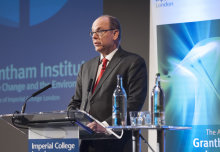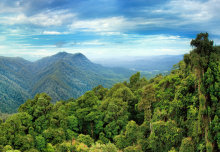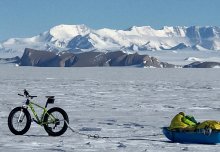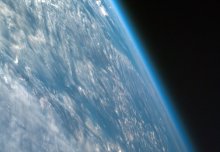

Feature
Cosmic crumb trail
Glassy beads hint at site of mysterious missing crater
Imperial experts have found a ‘breadcrumb trail’ of debris from an 800,000 year old meteor impact
 7
7



Feature
Glassy beads hint at site of mysterious missing crater
Imperial experts have found a ‘breadcrumb trail’ of debris from an 800,000 year old meteor impact
 7
7


Video
Prince Albert of Monaco: ‘Blue economy’ must be a priority to conserve the ocean
His Serene Highness highlighted the challenges and opportunities for preserving the ocean in the annual Grantham Lecture at Imperial.


Global conservation goals may fall short without protection of intact forests
The world’s most valuable forests need special protections to ensure we meet conservation and climate goals, scientists recommend in a new study.


Student start-up wins €1.4m European funding boost
An Imperial student startup has received a €1.4m grant from the EU’s Horizon 2020 programme to bring its innovative water filtration system to market.


Video
Pedalling the Poles: an Antarctic exploration with Keith Tuffley
Keith Tuffley's stunning photography perfectly illustrated the fragility of Antarctica as he spoke about his cycling expedition across the continent.


Ozone at lower latitudes is not recovering, despite Antarctic ozone hole healing
The ozone layer is recovering at the poles, but unexpected decreases in part of the atmosphere may be preventing recovery at lower latitudes.
 2
2


Untouched forests fight climate change, but face threats
The world's rainforests take up extra carbon dioxide in the atmosphere, but their ability to do so is threatened by drought and fragmentation.


Plastic microbeads: new study uses thermodynamics to create greener alternative
Imperial engineers have developed a new, simplified technique for creating an environmentally-friendly alternative to plastic microbeads.


In pictures: Imperial Fringe took visitors on a walk through air
Hundreds of visitors took shelter from the cold to breathe in a festive evening and investigate the invisible gases that flow around us.


Medium-sized carnivores most at risk from environmental change
In a surprise ecological finding, researchers discover medium-sized carnivores spend the most time looking for food, making them vulnerable to change.
 1
1